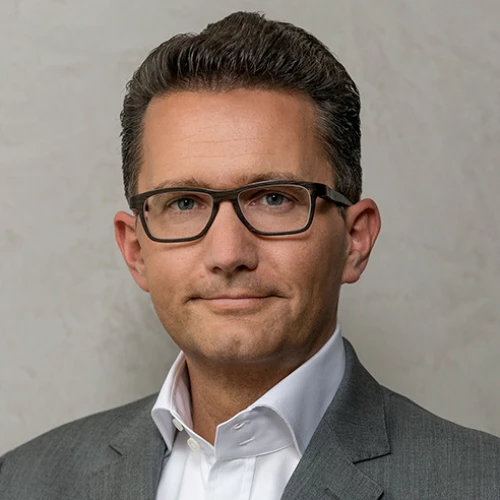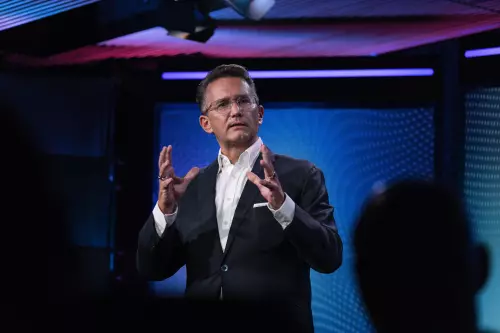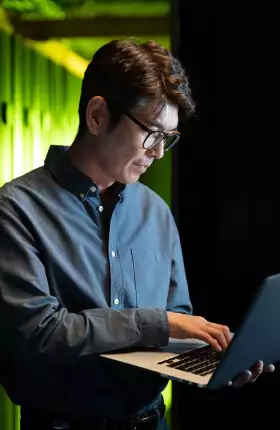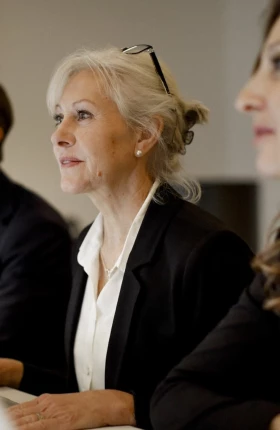
Nikolaus Lang
Managing Director & Senior Partner; Global Leader, BCG Henderson Institute; Global Vice Chair, Global Advantage Practice MunichEducation
- PhD, business administration, University of St. Gallen
- MA, business administration, University of St. Gallen
Nikolaus S. Lang is the global vice chair of Boston Consulting Group’s Global Advantage practice and a core member of the Industrial Goods and Automotive practices. Over the last 25+ years, Nikolaus has supported clients in more than 50 emerging and mature markets, including a large set of Chinese, Malaysian, Indian, Turkish, Saudi, and Brazilian clients, as well as clients from Europe and the US, on geopolitical advisory and mobility topics.
A global expert in connectivity, autonomous vehicles, car-sharing, and fleet management, Nikolaus is the founder and director of BCG’s Center for Mobility Innovation, a team of urban mobility experts and digital business builders. This team advises cities, public transportation operators, and mobility and automotive companies around the globe as they create innovative, state-of-the-art mobility solutions. Nikolaus also manages BCG’s collaboration with the World Economic Forum, which is dedicated to shaping the mobility of the future and, in particular, to how autonomous vehicles impact the world’s metropoles.
Nikolaus has published work on an array of contemporary questions, offering insight and guidance to policymakers, clients, and BCG teams on topics such as the new era of globalization, global digital transformation, geopolitics and trade impact, global R&D networks, and mobility innovation and new megacities in emerging markets. He is also a coauthor of BCG’s book, “Beyond Great,” which describes how the world has been transformed due to social tension, economic nationalism, and technological revolution.












